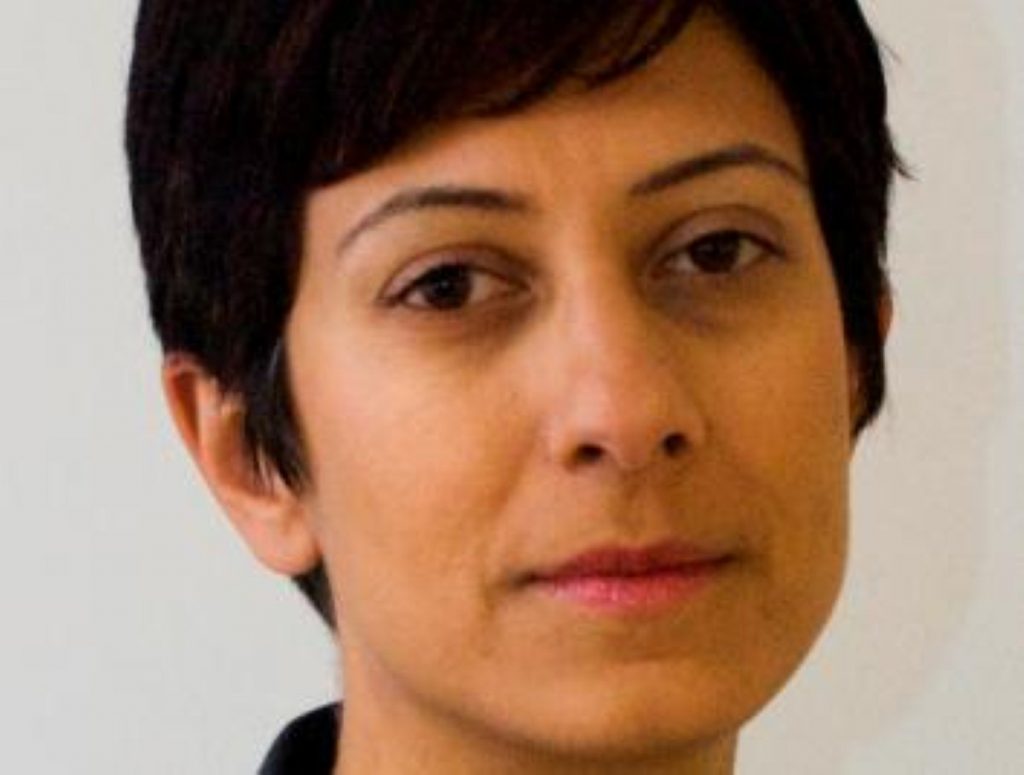Comment: Latest threat to democracy is slowly dawning on politicians
Alarm bells are only just starting to be raised over the coalition's plans for individual voter registration.
By Katie Ghose
Yesterday the Electoral Reform Society held a roundtable event at the House of Commons to discuss individual electoral registration (IER) with a wide range of experts and special interest groups.
This was a unique first gathering of those involved in instigating and implementing the changes and those representing groups who will be most affected by them. Attendees included the Electoral Commission, Equality & Human Rights Commission, local Electoral Registration Officers, black and minority ethnic, disability and young people's organisations, politicians and researchers from the three main political parties as well as a Cabinet Office civil servant.


For an issue with the potential to be as tribal as boundary changes, there was a surprising willingness from politicians to work together across party divides.
All attendees felt that politicians and the public had been slow to wake up to the full implications of this move towards individuals taking responsibility for their own registration and the huge impact it could have on the health of our democracy.
Contradictions came to the fore: a compulsory canvass but a voluntary invitation to register, the promotion of voting as a social good, whilst at the same time placing new barriers; such as the need to provide national insurance numbers or other forms of personal identification, in voters' way, without providing incentives to vote.
Electoral registration officers gave an inside perspective on the challenge of implementing IER against a backdrop of local authority cuts. They were united on the need to ditch the 'opt-out' proposal – which allows voters to signal they don't want any further contact for up to 12 months – and on the need to be able to threaten individuals with a financial penalty for non-registration.
There was general consensus that the full 2014 annual household canvas must be re-instated and that these annual household surveys must continue until IER proves to be working effectively. There was widespread concern about current proposals to allow the household canvass to be abolished by statutory instrument which would limit parliamentarians' ability to challenge this.
Concern was also expressed by all contributors about how socially disadvantaged and marginalised groups will fare under the new proposals and it was agreed that a combination of 'carrot and stick' was needed to maintain or increase registration levels. One MP talked of the essential role played by 'mums' in registering first-time voters and the potential for a drop-off in this already largely unregistered group.
Additional alarm bells were raised about the unintended knock on effects of the change. A disproportionate drop in registered voters would see future boundaries misrepresent the shape and size of certain constituencies. As MPs already serve all constituents, regardless of whether they are registered, an increase in the 'missing millions' could reduce the representation of certain communities. This would be likely to disadvantage areas with young mobile or black or minority ethnic populations who will be most affected by the change to IER.
The full effect of IER will be felt at the 2020 general election as the constituency boundaries will be based on the register complied in December 2015. Experts say that with a register potentially full of holes, now is the time to consider an alternative boundary base, such as the census.
Liam Fox's Commons statement on his resignation led yesterday's opposition debate on voter registration to be delayed until next month. This provides the government with an opportunity to consider beforehand the hundreds of responses to its white paper and as a starting point we want to see that the opt out has been dropped. There have certainly been signs that this aspect of the bill may be rethought with Nick Clegg stating last week that he was "minded to change these provisions when we bring forward the final legislation".
The challenge now is to ensure that this opportunity to modernise and refresh this vital element of the UK's democratic process is undertaken in the right way, and that it serves to strengthen, not undermine, the health of British democracy, both now and in the future.
Katie Ghose is chief executive of the Electoral Reform Society
The opinions in politics.co.uk's Comment and Analysis section are those of the author and are no reflection of the views of the website or its owners.












